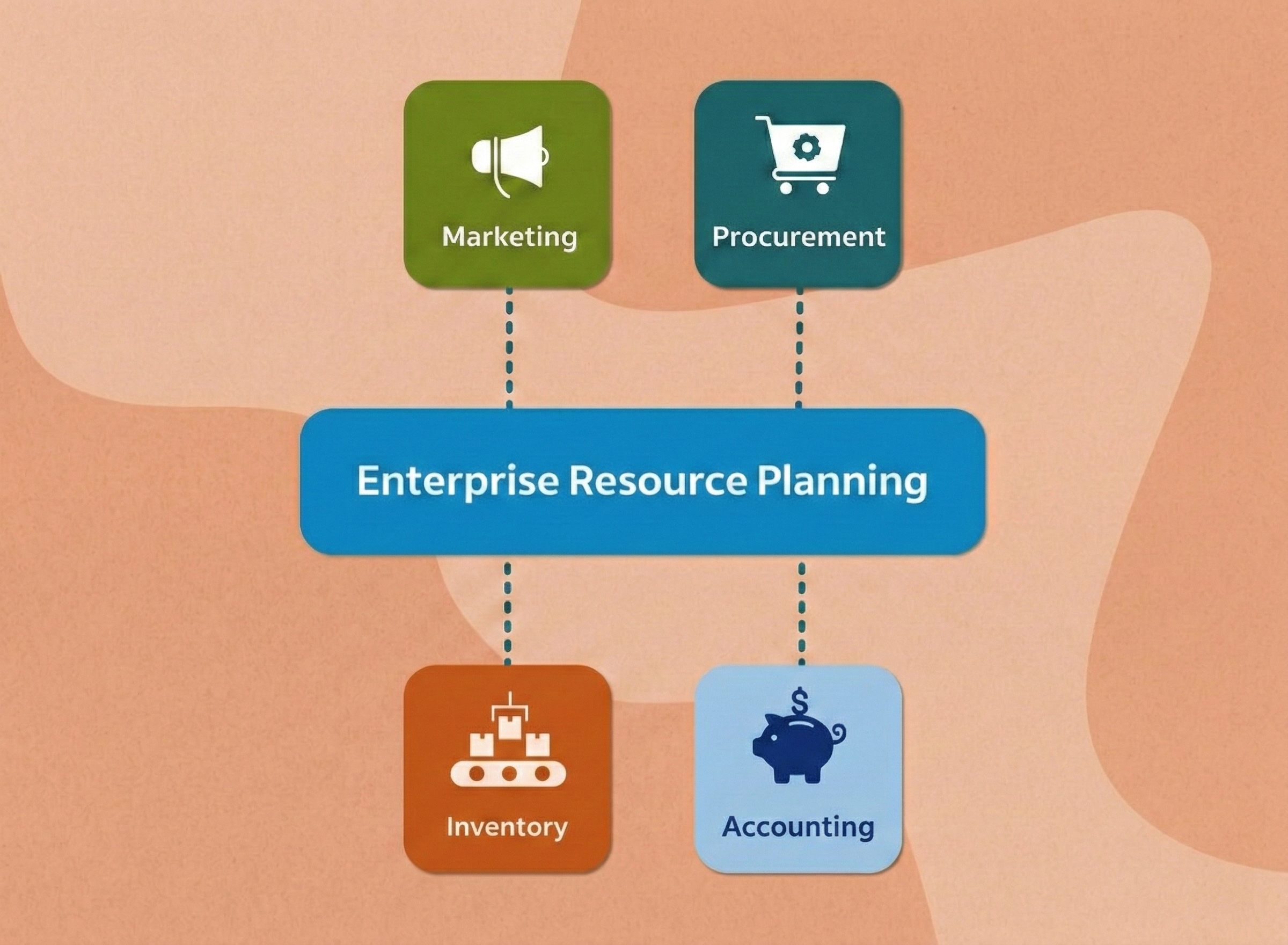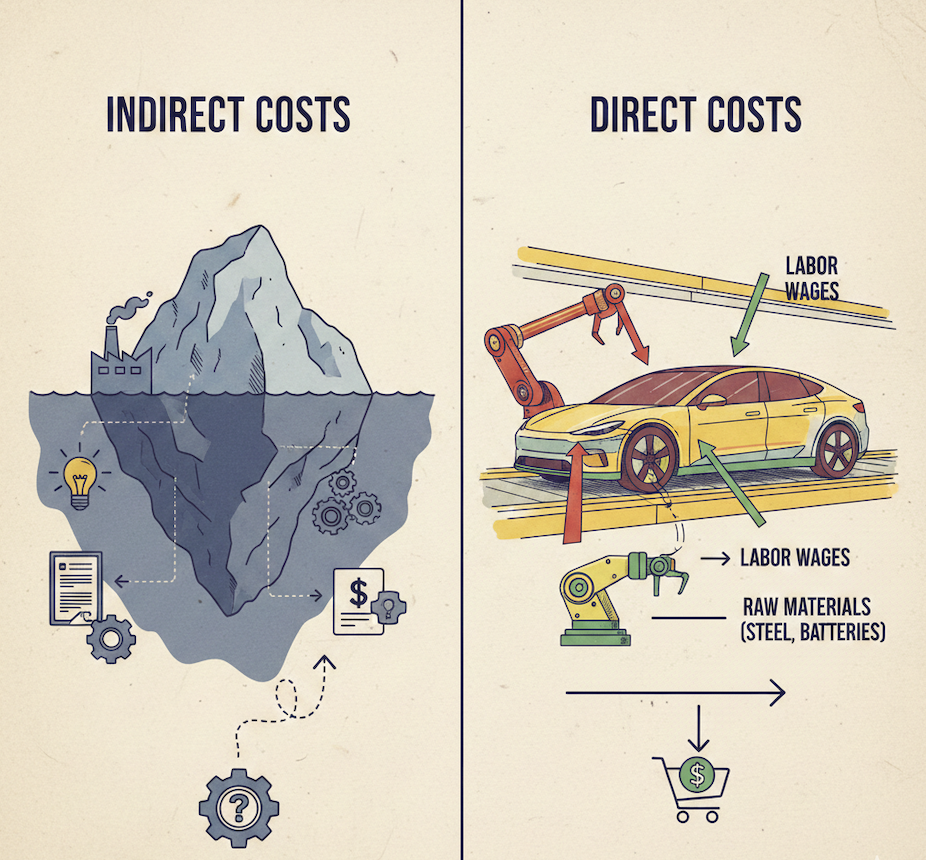Should Your Small Business Hire a Tax Professional?

October 13, 2025

You probably have some experience filing your personal taxes every year, but that doesn’t necessarily mean you know what you’re doing when it comes to your business taxes. As a small business owner, your tax obligations are far more complex. From selecting the right business entity, managing payroll and employee taxes, to ensuring you maximize all of your available deductions, filing small business taxes is a complex chore even for experienced business owners. On top of that, the tax code is constantly changing in such a way that it feels designed to punish you.
Many small business owners opt to hire a tax professional to ensure compliance and that they’re getting the best tax deal. But hiring a Certified Public Accountant (CPA), Enrolled Agent (EA), or tax attorney is a costly decision. It requires a cost vs. benefit analysis to determine if hiring one is right for you. To help you do that analysis, we break down the pros and cons of hiring a tax professional here.
The Pros: Strategic Value and Liability Protection
Hiring a professional offers benefits that go far beyond simply filling out forms. It’s an investment in compliance, strategy, and risk mitigation.
Expert Knowledge and Compliance Assurance
Tax professionals are specialists who stay up to date on current tax law. As such, not only will they ensure your business files the correct forms based on its structure, but they can help you get every available tax deduction. They understand complex areas like the Section 179 deduction for equipment, rules around home office deductions, business meal allowances, and depreciation schedules—things that you might overlook, not realizing you’re leaving money on the table.
Beyond federal taxes, tax professionals can also handle some of the most annoying tasks for small business owners, like calculating sales tax, apportioning state income taxes for businesses operating in multiple states, and ensuring you’re adhering to local business taxes and fees. Miscalculating or overlooking these compliance issues or failing to properly file quarterly estimated tax payments can result in significant underpayment penalties from the IRS.
Time Savings
Outsourcing tax preparation frees up the most valuable resource you have: your time. Instead of spending dozens of hours organizing receipts and navigating complex tax and HR software, you can focus on revenue-generating activities, customer service, and running your business.
Reduced Risk
Correctly prepared, well-documented, and organized filings significantly lower the likelihood of an audit. Preparing very simple tax filings for sole proprietorships and single-member LLCs isn’t exceedingly complicated, but every little new business wrinkle adds layers of complexity that can put you in the crosshairs for an audit.
If you use a tax professional and still get audited, they can legally represent your business before the IRS. Audits happen more than you might think, so having a pro in your corner can reduce your stress, time commitment, and the risk of providing incorrect information to auditors.
Tax Planning
A good tax professional helps you plan ahead, too. They can advise on tax-advantaged retirement benefit plans for you and your employees, when to make capital expenditures to maximize deductions, and much more. A tax pro can provide critical guidance when you’re first forming your business structure, and help you decide if it would benefit from converting its current legal structure as you grow.
The Cons: Costs and Management Challenges
There are clear strategic advantages to hiring a tax professional, but it’s not without drawbacks.
Cost
Tax professionals, particularly CPAs with deep business expertise, charge high hourly rates or substantial flat fees for preparing business returns. New or small-margin businesses might not have that in the budget. Moreover, costs can rapidly escalate if your books are disorganized and require a tax pro to spend extra time cleaning them up.
Doesn’t Eliminate Work
Hiring a professional isn’t a cure-all for your tax needs. You’re still responsible for collecting, categorizing, and delivering all necessary financial data, receipts, invoices, and source documents. That can be time-consuming.
Additionally, when you’re getting onboarded with a tax pro, you may not feel like you’re saving any time at all. Initial consultation and follow-up questions about your books can take a long time, especially if your business records are complex.
Potential Loss of Control
By fully delegating your taxes, you might miss the opportunity to fully understand your own financial picture. That can lead to overlooking costly business habits or chances to improve how you spend. Basically, when you spend less time looking at your books, you risk losing a full understanding of your business.
Lack of Accountability
Tax professionals typically sign business tax returns as the preparer, but the business owner is still ultimately legally responsible for the accuracy and completeness of the information provided to the IRS. The business owner bears the penalties for errors. Some business owners want more oversight of the process if they’re still going to bear the entire responsibility.
When Is It Worth Hiring a Tax Professional?
The decision to hire a professional depends on your specific situation. You have to determine when the complexity and financial risk of doing it yourself outweigh the cost of the service.
You should consider hiring a tax professional if your business:
- Has an annual gross revenue over $200,000
- Has employees
- Has partners or multiple owners
- Has complex assets, such as commercial real estate, heavy equipment, or inventory requiring specialized depreciation
- You plan to apply for business loans or seek investment
You may not need a tax professional if:
- Your business is a sole proprietorship with less than $200,000 in annual revenue
- You have minimal deductions (such as freelance income)
- You use simple, dedicated small business accounting software
Most tax professionals offer free consultations, so it’s always worth scheduling a conversation to see how they can help.
FAQs
A Certified Public Accountant is licensed at the state level, usually handles broader accounting functions (including audits, financial statements, and general business consulting), and may or may not specialize in tax. An Enrolled Agent is licensed at the federal level (by the IRS) and is specifically focused on taxation.
Even if you’re operating at a loss, a tax professional can be a critical addition to your team. Tax pros can properly record the loss and help structure the business to maximize the tax benefits of those losses against future profits or other income.
Before meeting a tax professional, you should gather all bank statements, credit card statements, profit and loss (P&L) statements, balance sheets, and a clear list of all income and expense categories. The more organized and categorized your data is (ideally in an accounting software), the faster and cheaper your appointment will be.
Take a look at our news on Business Essentials

 by Shanel Pouatcha
by Shanel Pouatcha

 by Nick Perry
by Nick Perry

 by Nick Perry
by Nick Perry

 by Nick Perry
by Nick Perry

 by Nick Perry
by Nick Perry

 by Shanel Pouatcha
by Shanel Pouatcha


 by Nick Perry
by Nick Perry

 by Shanel Pouatcha
by Shanel Pouatcha

 by Shanel Pouatcha
by Shanel Pouatcha

 by Nick Perry
by Nick Perry

 by Nick Perry
by Nick Perry